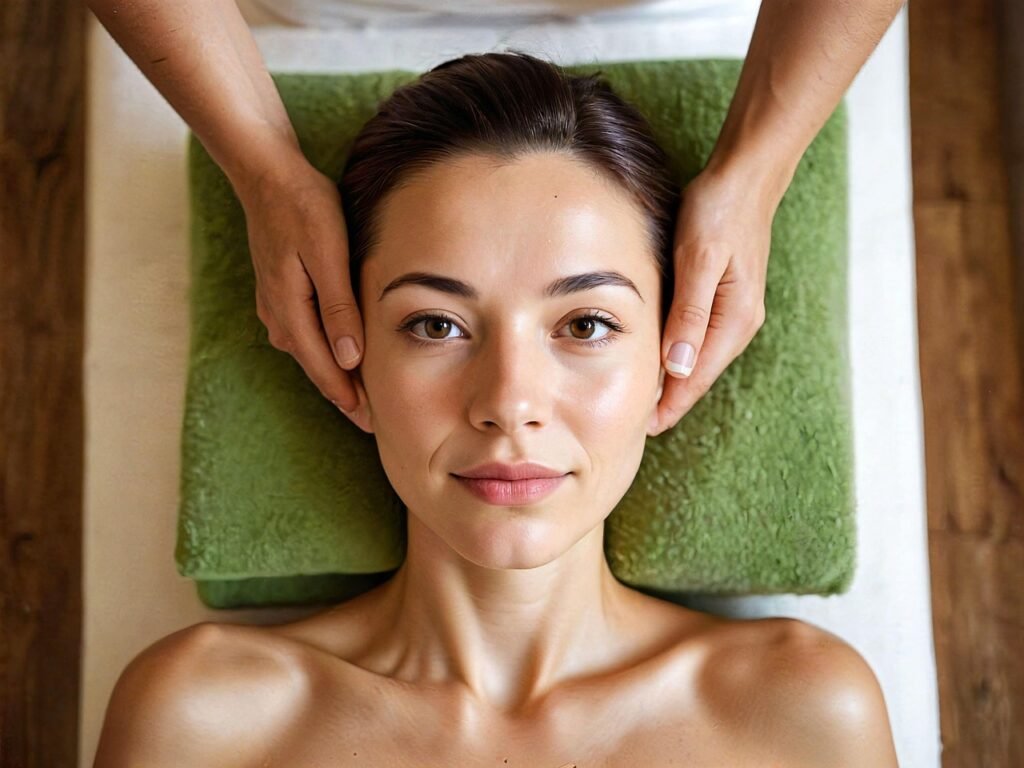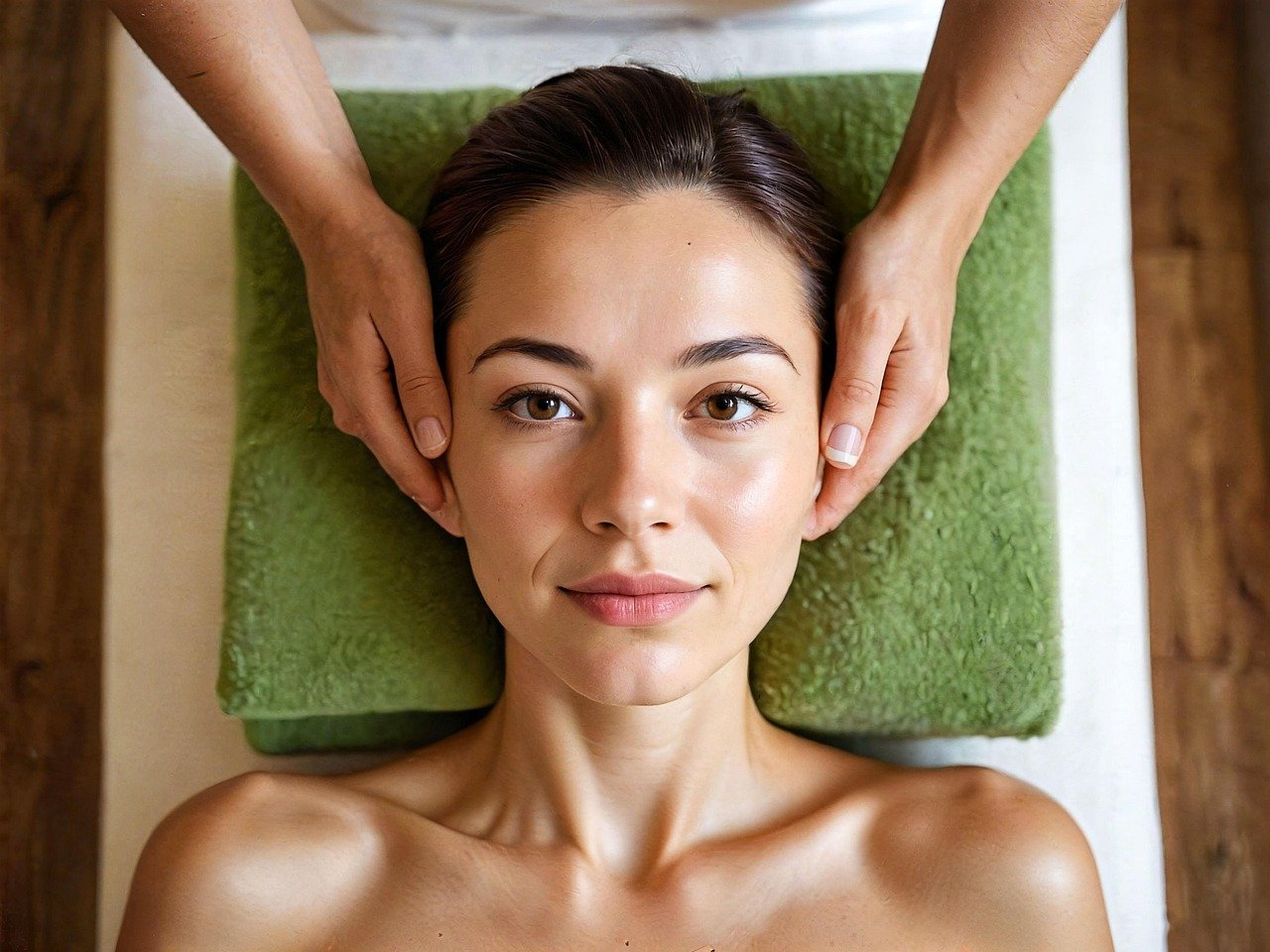Have you ever considered the effects of cold exposure on your health? You might have heard about the trend of cold plunges and wondered whether they could offer benefits for managing autoimmune conditions. Let’s take a closer look at this intriguing intersection of wellness and complex health issues.
Understanding Autoimmune Conditions
Autoimmune conditions occur when your immune system mistakenly attacks your own body. Instead of targeting foreign invaders like bacteria or viruses, your body perceives its healthy cells as threats. This can result in inflammation, pain, and fatigue, varying by the specific autoimmune disorder.
Common Autoimmune Conditions
There are more than 80 different types of autoimmune diseases, but you might be familiar with a few of the most common ones:
- Rheumatoid Arthritis: Affects your joints and common symptoms include pain and swelling.
- Lupus: A systemic disease that can affect your skin, joints, kidneys, and other organs.
- Multiple Sclerosis (MS): Impacts the brain and spinal cord, leading to a range of neurological symptoms.
- Hashimoto’s Thyroiditis: A thyroid disorder where the immune system attacks the thyroid gland, often leading to hypothyroidism.
Understanding your condition is essential because this knowledge can help you identify your unique triggers and find effective ways to manage your symptoms.
The Science of Cold Exposure
Cold exposure, particularly through practices like cold plunges, has gained attention for its potential health benefits. But what happens to your body when you’re submerged in cold water?
Physiological Responses
When you expose yourself to cold, several immediate physiological responses occur:
- Vasoconstriction: Blood vessels narrow to preserve heat. This can initially reduce blood flow and inflammation in certain areas.
- Thermal Shock: An immediate release of adrenaline occurs, which can lead to heightened alertness and a boost in endorphins. This might improve your mood temporarily.
- Reduced Inflammation: Some studies suggest that cold exposure can help lower systemic inflammation, which could be beneficial for autoimmune conditions.
How does this connect to your autoimmune health? The effects of cold exposure can potentially reduce inflammation, a hallmark of autoimmune disorders.
Mental Health Benefits
While the physical benefits are significant, the psychological aspects shouldn’t be overlooked. Cold plunges can act as a form of mental resilience training.
You might find the initial discomfort of cold water helps you build coping mechanisms that can be useful when dealing with the stress of managing an autoimmune condition.

The Cold Plunge Trend
Cold plunges, whether through baths, showers, or ice baths, have become trendy in wellness circles. These methods have been touted not just for their physical effects but also for their mental health benefits.
How Cold Plunges Are Practiced
Cold plunges can take many forms, and it’s essential to approach them mindfully:
- Cold Showers: Making a gradual shift towards colder water can be an accessible starting point. You could begin with lukewarm water and slowly drop the temperature.
- Ice Baths: Typically much colder than showers, these involve immersing yourself in ice water for a short duration.
- Cryotherapy: Involves brief exposure to extremely cold air in a controlled environment. This often attracts people who fear the idea of submerging in water.
You’re not limited to a single method. It’s all about what suits your comfort level and lifestyle.
Potential Benefits for Autoimmune Conditions
Reduced Inflammation
Research suggests that cold exposure can reduce inflammation, a primary concern for anyone dealing with autoimmune issues. When your body experiences cold, inflammatory markers decrease, and some findings show significant improvements in conditions like rheumatoid arthritis.
Pain Relief
Cold exposure might serve as a temporary relief for pain associated with autoimmune diseases. The initial shock of cold can numb pain receptors and provide immediate comfort.
Improved Sleep Quality
If you struggle with sleep—a common challenge when managing autoimmune conditions—you could find benefits from cold exposure. Cooling down your body and environment may help facilitate better sleep by promoting the natural drop in core temperature that occurs before bedtime.
Enhancement of Mood and Mental Health
The proven mood-lifting effects of cold plunges through endorphin release can’t be ignored. For those battling the mental fatigue that often accompanies autoimmune conditions, this could be a game-changer.

Risks and Considerations of Cold Plunges
With all these potential benefits, it’s important to consider that cold plunges aren’t suitable for everyone.
Possible Risks
- Exacerbation of Symptoms: In some individuals, cold exposure can trigger symptoms or cause flare-ups. It’s crucial to listen to your body.
- Hypothermia: Prolonged exposure to extreme cold can lead to serious health risks, including hypothermia. Always consult a healthcare provider before starting cold plunge routines.
- Cardiovascular Concerns: If you have pre-existing heart conditions, the shock of cold exposure can potentially cause heart issues. Consult with a doctor to assess your individual risks.
Finding a Balance
Should you decide to try cold plunges, think about starting slowly and observing how your body reacts. You might want to introduce cold showers before jumping into full ice baths. It’s about finding what feels right for you.
Integrating Cold Plunges Into Your Routine
When thinking about adding cold plunges into your routine, consider these steps:
Start Slowly
As mentioned earlier, ease into cold exposure. Begin with cool showers and gradually decrease the temperature over a few weeks.
Set a Schedule
To create consistency, aim for cold exposure at certain times. You could try mornings to invigorate your day or evenings to unwind after a long one.
Combine with Other Practices
Cold plunges can be part of a holistic approach to managing your autoimmune condition. Combine it with other wellness practices like mindfulness meditation, gentle yoga, or breathing exercises known to promote relaxation and stress relief.

Listening to Your Body
While cold plunges can offer benefits, it’s important to emphasize that self-awareness is critical.
Individual Variations
Everyone’s body responds differently to cold exposure. Take note of how you feel before, during, and after cold plunges. Maintain a journal to track symptoms, feelings, and insights about your experience.
Monitoring Flare-Ups
If you notice your autoimmune symptoms worsening after or during cold plunges, it may be time to reassess the practice. Not every method suits everyone, and it’s always good practice to consult with a healthcare professional.
Final Thoughts
You might find that cold plunges can provoke curiosity about how they might play a role in managing your autoimmune condition. Whether it’s reducing inflammation, relieving pain, or boosting your mood, the potential benefits are intriguing.
Remember to approach any new practice with caution and mindfulness. The journey of managing an autoimmune condition can be challenging, but considering all options—including cold exposure—may lead you to find what works best for your body and wellness journey.
Ultimately, you should feel empowered to take charge of your health with informed decisions. In the end, it’s about finding a balance that suits your unique situation. So why not give it a try? You might just discover a refreshing new path to feeling your best.


